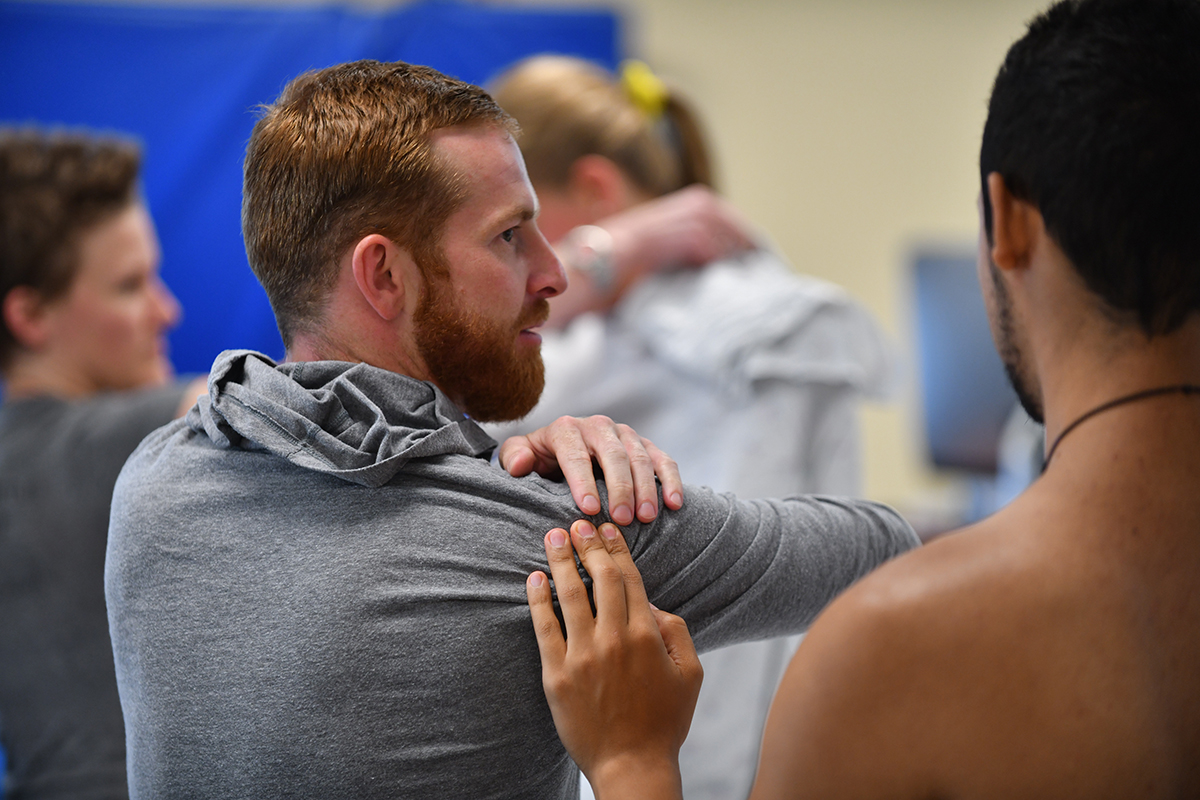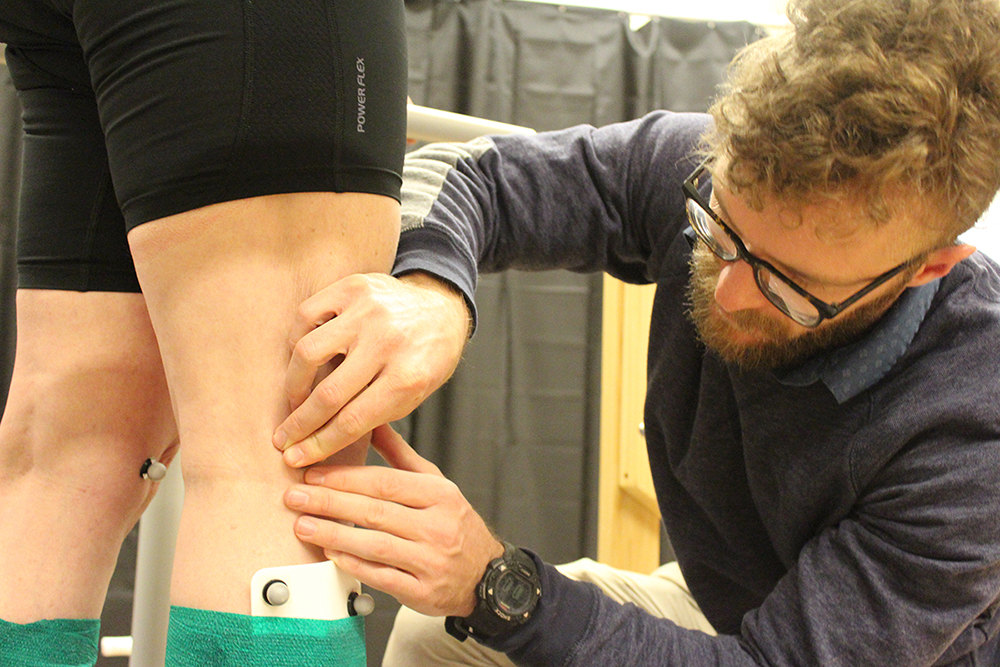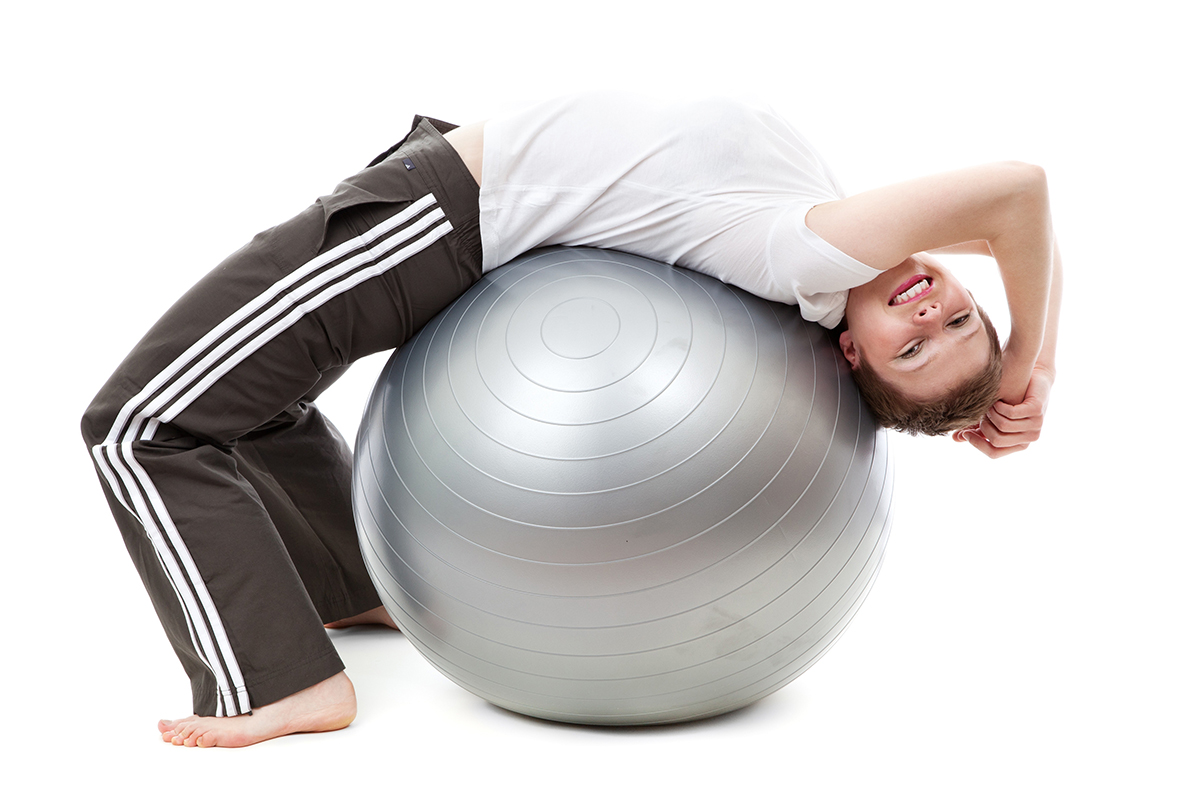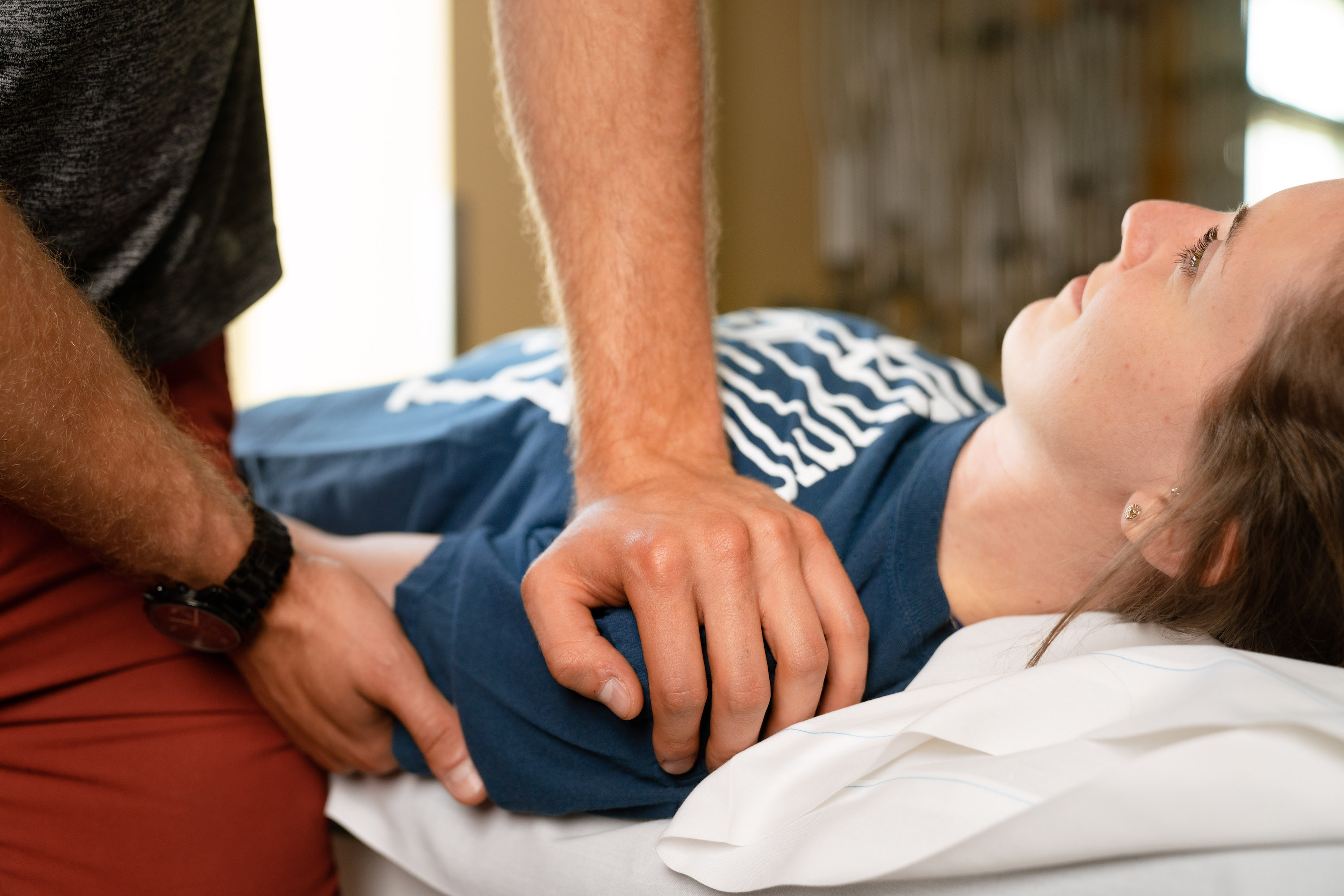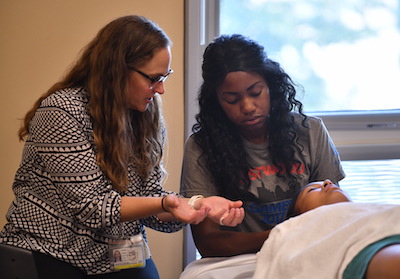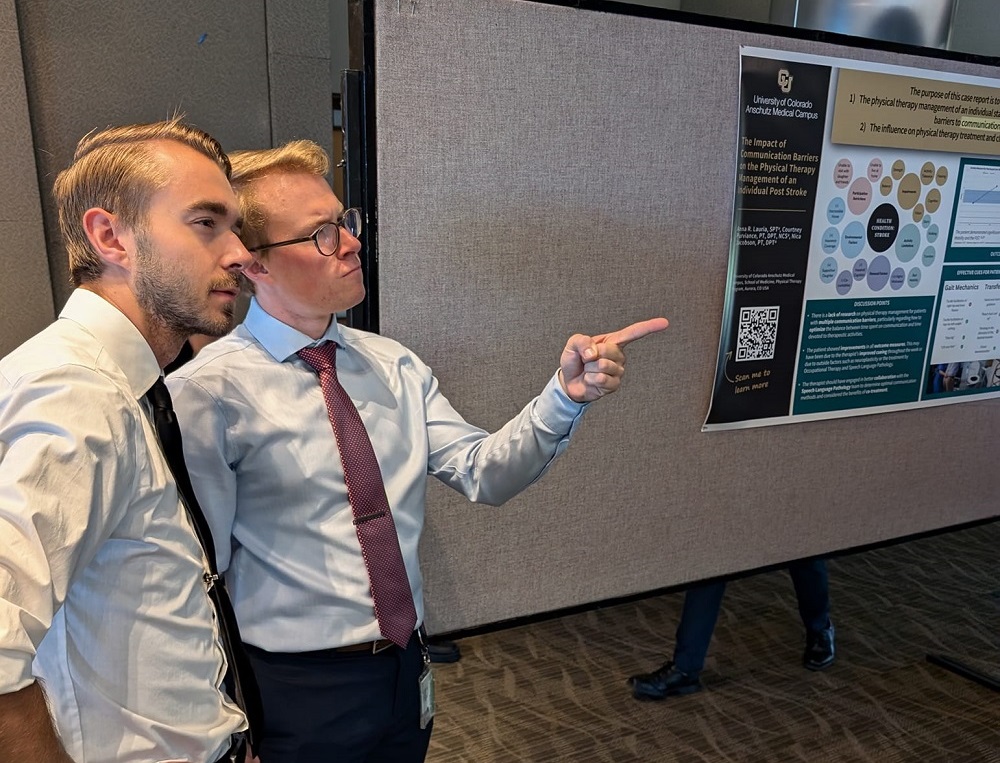Educational Programs
The University of Colorado Physical Therapy Program offers six educational opportunities in clinical care and rehabilitation science.
Learning Outcomes
Doctor of Physical Therapy Learning Outcomes
The DPT Program is built upon five foundational Curricular Elements that guide student development and professional competence:- Patient-Centered Care
- Clinical Reasoning & Evidence-Based Practice
- Movement for Participation
- Teamwork & Collaboration
- Quality Improvement & Safety
- Delivering Patient-Centered Clinical Care
- Clinical Reasoning and Decision-Making
- Applying Foundational Science to Promote Movement for Life Participation
- Teamwork and Collaboration in Healthcare Systems
- Providing High-Quality, Safe, and Ethical Care
Rehabilitation Science PhD Program Learning Outcomes
- Critically analyze and integrate research findings from specialized disciplines to address complex problems related to human functioning, activity, participation, and health.
- Design and implement rigorous, innovative, and ethical research that advances theoretical and/or applied principles of rehabilitation and clinical practice.
- Disseminate original research findings using standard scientific oral and written formats to enhance knowledge translation and impact.
- Compete successfully for funding from national agencies to support interdisciplinary research and educational initiatives in rehabilitation science.
- Teach graduate-level courses in a selected area of specialization within rehabilitation science.
- Effectively communicate with clinicians, research scientists, and students in rehabilitation and affiliated disciplines using the common language of the ICF framework (functioning, activity, participation, and health).
- Provide leadership in professional activities that advance the science and practice of rehabilitation across diverse clinical and research settings.
Pediatric Residency Learning Outcomes
- Residents will demonstrate advanced skills as direct service providers and/or consultants in a variety of practice settings with a variety of patient populations as delineated in the current Pediatric DSP and DRP.
- Residents will demonstrate preparedness to sit for and successfully pass the ABPTS pediatric clinical specialist certification examination.
- Residents will contribute to the profession of physical therapy, and the larger healthcare community, through leadership, evidence-based practice, teaching, and service.
Orthopaedic Residency Learning Outcomes
- Residents will demonstrate advanced skills as direct service providers and/or consultants in outpatient orthopaedic setting with a variety of patient populations as delineated in the current Orthopaedic DSP and DRP.
- Resident will demonstrate preparedness to sit for and successfully pass ABPTS orthopaedic clinical specialist certification examination.
- Residents will contribute to the profession of physical therapy, and the larger healthcare community, through leadership, evidence-based practice, teaching, and service.
Faculty Residency Learning Outcomes
- The Resident will demonstrate an understanding of the academy through teaching, scholarship, and service.
- The Resident will create innovative instructional experiences for students based on learning theories and aligned with course objectives and assessments.
- The Resident will demonstrate knowledge and understanding of clinical education in a DPT curriculum.
- The Resident will develop, design, implement, and disseminate an education research or scholarship project.
- The Resident will be employed in a PT or PTA education program in a core faculty position within 12 months of graduation from the residency.
Doctor of Physical Therapy-Master of Public Health Dual Degree Learning Outcomes
Graduates of the DPT-MPH track will:
- Apply health access and utilization frameworks to the planning, implementation, and evaluation of public health programs.
- Prioritize community engagement principles in all clinic- and community-based activities.
- Work alongside community partners to co-develop injury/disease prevention and health promotion programs.
- Evaluate programs and policies for their impact on facilitators and barriers to health care.
- Meet all concentration-specific expectations.
